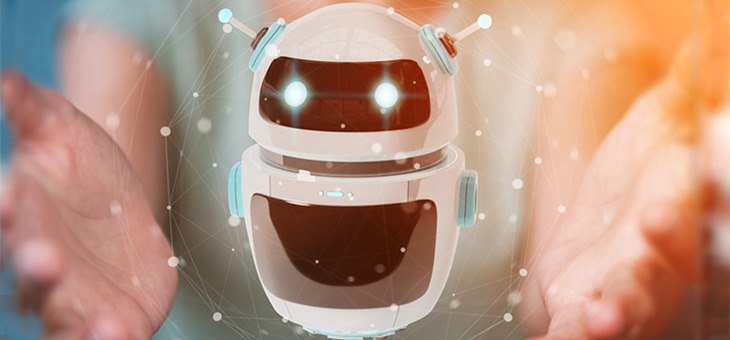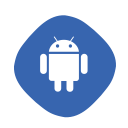What are some of the functions that a chatbot could perform for a dentist?
Chatbots that are designed for dentists could perform the following roles:- Book Appointments with Patients A chatbot can servie as a conversational health assistant and can apply automated technology to book an appointment with the dentist.
- Operate as a Dental Assistant A chatbot can work in the same job roles as a dental assistant. It can ask enough questions about the symptoms as approved by the dental professional to safely identify a condition and then set up an appropriate appointment while referring the patient to the dentist.
- Provide Empathy Advanced chatbots can be very useful in interacting with patients at a deeper level by mimicking the voice and face recognition of the dentist.
- Information about New Treatments Chatbots can serve as messaging apps for dentists to keep them apprised of the emergence of new dental techniques, drugs and treatments and their possible benefits and limitations.
How Are Dental Chatbots Beneficial?
Dental applications for chatbots are potentially vast. The examples mentioned above are limited in accessibility at present due to the current AI capabilities. Currently, chatbots are best suited for those tasks that you would entrust to an individual still within the learning curve. You can imagine your dental chatbot as a good-natured and highly intelligent intern with a willingness to learn.Checking severity of symptoms, scheduling dentist appointments, monitoring oral health parameters and notifying a human nurse when they go out of control are some of the safest applications of a dental chatbot. In fact, these intelligent assistants are gradually going to replace customer service representatives. Chatbots can also be used in inventory, billing and insurance claims management.
These bots are efficient in providing comfort and some reassurance to patients before a dentist can see them. However, under no circumstance can they be used as a substitute to proper dental care as the technology is still in a developmental experimental phase.
How do Dental Chatbots Function?
The working of a chatbot depends on at least four different structures. Natural language processing is responsible to understand user demands while knowledge management helps in providing an answer.Every interaction helps in improving chatbot response with the help of deep learning and sentiment analysis enables the bot to decipher human emotions and frustration in order to quickly escalate the conversation to a human.
A chatbot will try to provide relevant information to a user by anticipating the interaction as per the degree of sophistication.
Are Dental Chatbots Regulated?
A chatbot that has become part of a dental system needs to follow rules as any other software piece. It also needs to clear security and pass privacy checks. In the US, HIPAA compliance ensures that the chatbot stores patient information in a way that does not expose it directly to hackers.These regulations are however, lacking for a chatbot as it is much more than static software. Thanks to AI, a chatbot can learn and make new connections. Hence, to ensure compliance with ethical dental practices, knowledge base management rules must be designed. Additionally, competent dental personnel should verify the initial data before making a bot available to their patients.
What is the Evolution Graph for Dentist-Chatbot Relationship?
Is it possible for dental assistants and attendants to be replaced completely by chatbots one day? It is already beginning to happen in a number of sectors such as manufacturing, engineering and mining. However, given the atypical dental conditions and human uniqueness, it is improbable for a chatbot to replace humans in the dental sector.That said, a chatbot can act as a trustworthy and attentive assistant to provide registration services, simple patient entertainment and reassuring advice.
It is possible for a modern dental practice to utilize chatbots to provide round the clock support to existing patients and capturing new leads. A chatbot might not be able to provide a diagnosis but can complete other functions such as reminding patients to take their medications and scheduling appointments.
















































